What is Metaverse?
The word ‘Metaverse ‘was discovered in the 90s and revolved around the extended physical reality (XR) in a shared virtual environment. XR is composed of virtual, augmented, and mixed reality technologies. Metaverse poses a virtual space for sharing, engagement, and collaboration. It allows people to play games, work, meet, shop, buy, sell, watch movies etc. The commencement of next-generation multidimensional Web 3.0 has added value to the metaverse. It has the capacity for unleashing economic opportunities as its market size was $4.96 billion in 2020, and it is predicted that the size will grow by 43% annually between 2020-27.
Virtual Real Estate in the Metaverse
The virtual land in the metaverse provides a new venue for investment. Like all other businesses, location is one of the essential factors as the premium location increases the worth of the land. However, it is populated with expensive villas and houses, increasing its return. Virtual lands are not new, as earlier people bought virtual land to build games, but these spaces were highly centralised. The players do not consider this space a profitable investment because the gaming company has the authority to change the protocol and regulation. Conversely, the metaverse is decentralised and built on blockchains. Moreover, it is not owned by a single company and has no restrictions of rules and regulations. The content and space are secure in the virtual environment, and no one is allowed to remove them, including the government. This increases investor interest and involvement in the development process and attracts more consumers to spend in the metaverse environment.
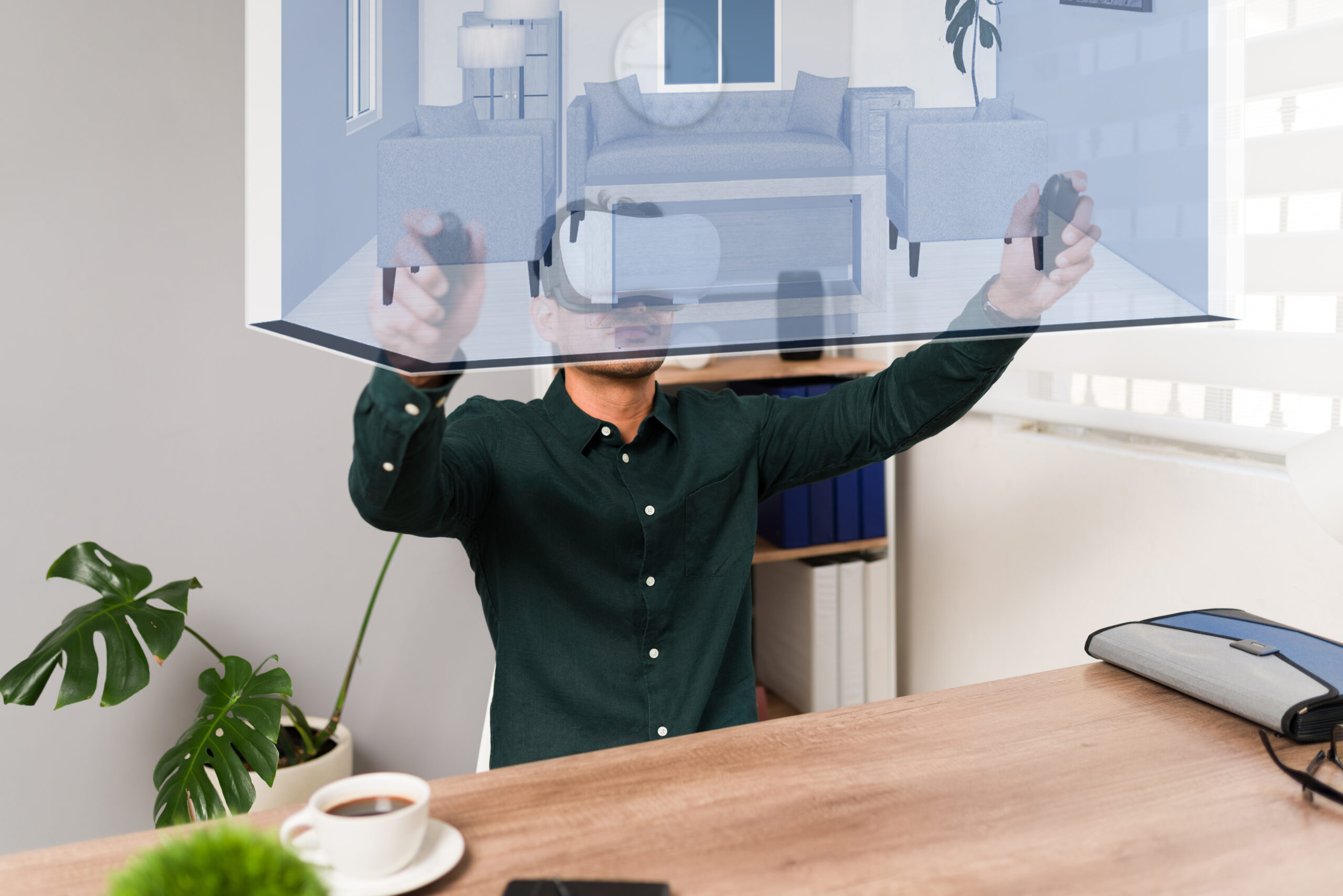
Characteristics of Metaverse
There are four main characteristics of the metaverse.
Persistence
Its existence is not restricted by time and place
Synchronicity
It allows participants to interact with one another in the real world digitally, just like in a physical world
Availability
Everyone could access information simultaneously without limiting the number of participants.
Economy
Participants will be able to supply goods and services in exchange for the value recognised by others. For example, fiat currency could be exchanged for virtual gold.
Myths About Virtual Real Estate in the Metaverse
There are several myths about virtual real estate in the metaverse, such as:
Myth 1: Need a Virtual Reality Helmet to Access the Metaverse
Generally, participants can access the metaverse virtual space by wearing a virtual reality (VR) helmet or other special equipment. At the same time, virtual real estate can be accessed on a desktop via platforms like Decentraland and Somnium Space without buying an expensive VR helmet.
Myth 2: Metaverse is only for playing games and has no real-world uses
People are using the metaverse as their workplace and source of income also. For example, Price water house coppers and Prager Metis have used the metaverse as their office space and opened different branches that their customers and client can easily access. These companies launch new brands every day. There are companies which are using business-specific metaverse platforms to interact.
Myth 3: Metaverse Platform Will Not Last Long
With the inception of blockchain technology, virtual real estate has become more popular as it facilitates the tokenisation of virtual land. This means participants can own virtual ground, which will be stored in the blockchain just like physical capital. The virtual land has distinct features and does not have physical limitations like a traditional land. It increases the scope and margin of innovation for investors, developers, brands, and entrepreneurs. It has a bright future and will not fade away; for example, the second life company was invented in 2003 and is still operating with 200,000 active users.
Myth 3: Investing in Metaverse will increase the risk of losing money
The virtual world is evolving where real financial transactions can be carried out. A hot investment in the metaverse is virtual property which has jacked up the prices to 500%. The investor can earn money from the virtual space land just like the real world by renting it out, hosting events and advertising its land.
Myth 5: To Participate in Metaverse, You Need to Own Virtual Real Estate
Indeed, owning land to participate in the metaverse is a great avenue, but there are other means to experience it. Metaverse has created exciting career opportunities for architecture, game-developer, fashion artists, filmmakers, designers, musicians and others. This means that no landownership is required.
Myth 6: Virtual Real Estate is Scarce
The launch of new projects has increased land sales every week; hence, there is no insufficiency of buying options. However, scarcity exists in the metaverse when participants cannot buy affordable land as the giant company has a monopoly on the platform and is launching expensive projects.
Why Should Developing Countries Consider Virtual Real Estate in the Metaverse?
The metaverse can optimise urban development. The amalgamation of future architectural design with the virtual world would introduce new innovative environments, functions and experiences which enable the aesthetic means for designing. However, developing countries could perform experiments in redesigning the urban spaces of their cities in immersive spaces, including slums, by taking the help of architects and gamers. Commercial spaces could be sold in the metaverse, and participants can earn revenue.
Developing countries can consider making a national strategy for the digital twin, which is simply a building block in the metaverse. Few countries like the United Kingdom, New Zealand and European Union have initiated the digital twin policies. Metaverse can also offer benefits to social sectors, i.e., education, health, etc.
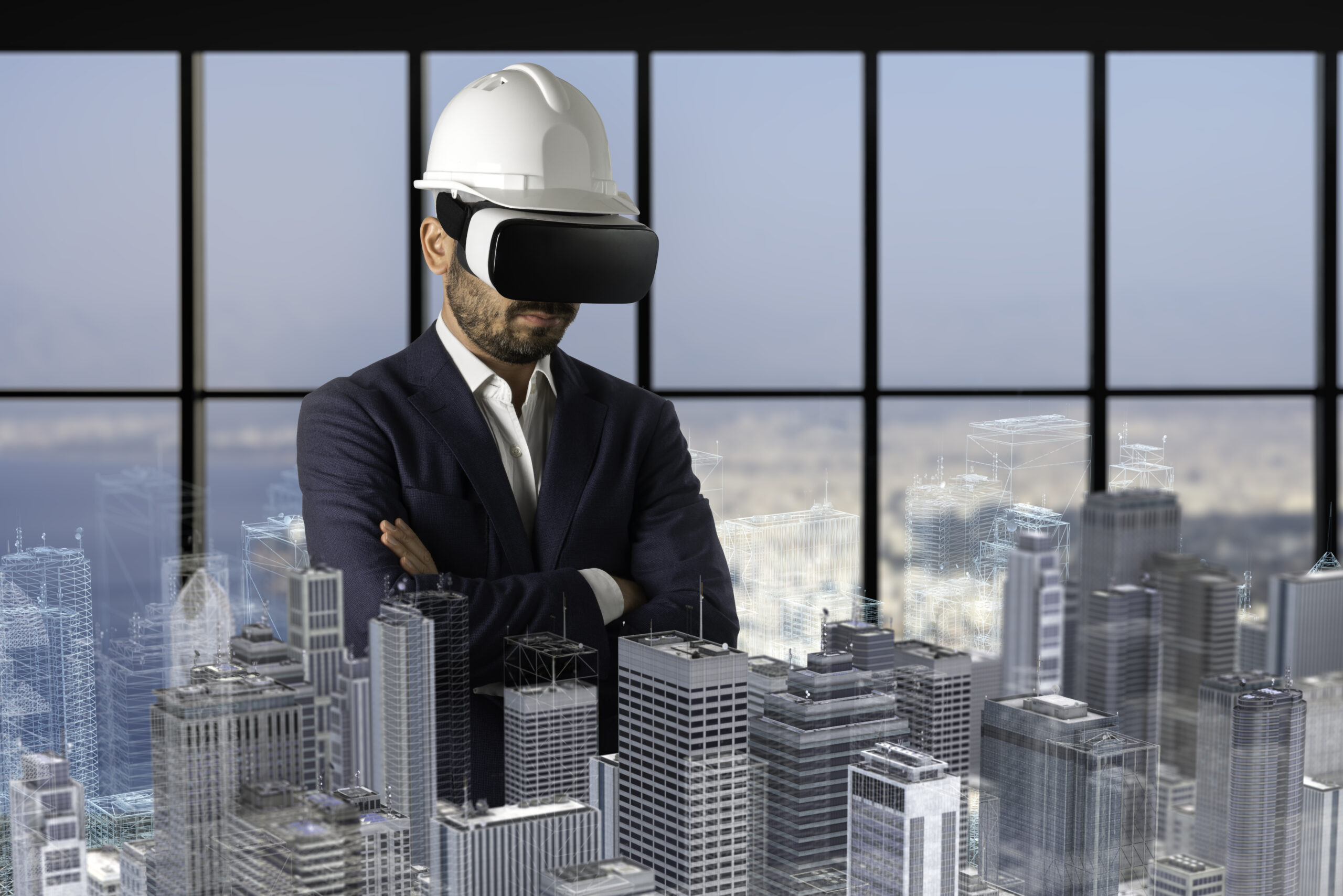 Way Forward
Way Forward
Pakistan is blessed with a youth bulge, and the metaverse can provide opportunities for freshly graduated people to compete worldwide. As explained earlier, there are misperceptions that only investors could participate in the metaverse; however, young people with the skills of architecture design and gaming could also earn income from it. On the contrary, it was reported that there are actual crises in the metaverse due to the scarcity of creative people responsible for constructing the structure, events, games, etc. Metaverse will be a collection of empty Disney worlds which do not have rides and visitors without architecture engineers. Pakistan youth can exploit this opportunity to develop their metaverse platform. The IT industry of Pakistan has the potential to compete as its growth has increased two times in the last four years, and it has 300,000 IT professionals. Nonetheless, Pakistan can also learn from Dubai, which has recognised the hidden potential of the metaverse and introduced the Dubai Metaverse policy, which will provide 40,000 virtual jobs and contribute $500 million to the national economy by 2030.
Moreover, the metaverse would provide opportunities for virtual real estate in Pakistan. Here are some to consider
-
Wider Pool of Investors
The metaverse platform offers real estate in different shapes, sizes, locations, and price points. It could be purchased in different forms of currency. Because of its accessibility and affordability, anyone can invest in it.
-
Put Emphasis on Size and Location Over Utility
In the real world, land size, location and utility are important. Whereas, in the metaverse, the aim is to buy land to lease it or rent it out.
-
Can Serve as Real-World Activities
It was anticipated that in the future, people would host more activities in the real world, such as trade shows, weddings and other social gatherings. It will reduce the demand of brick and mortar infrastructure.
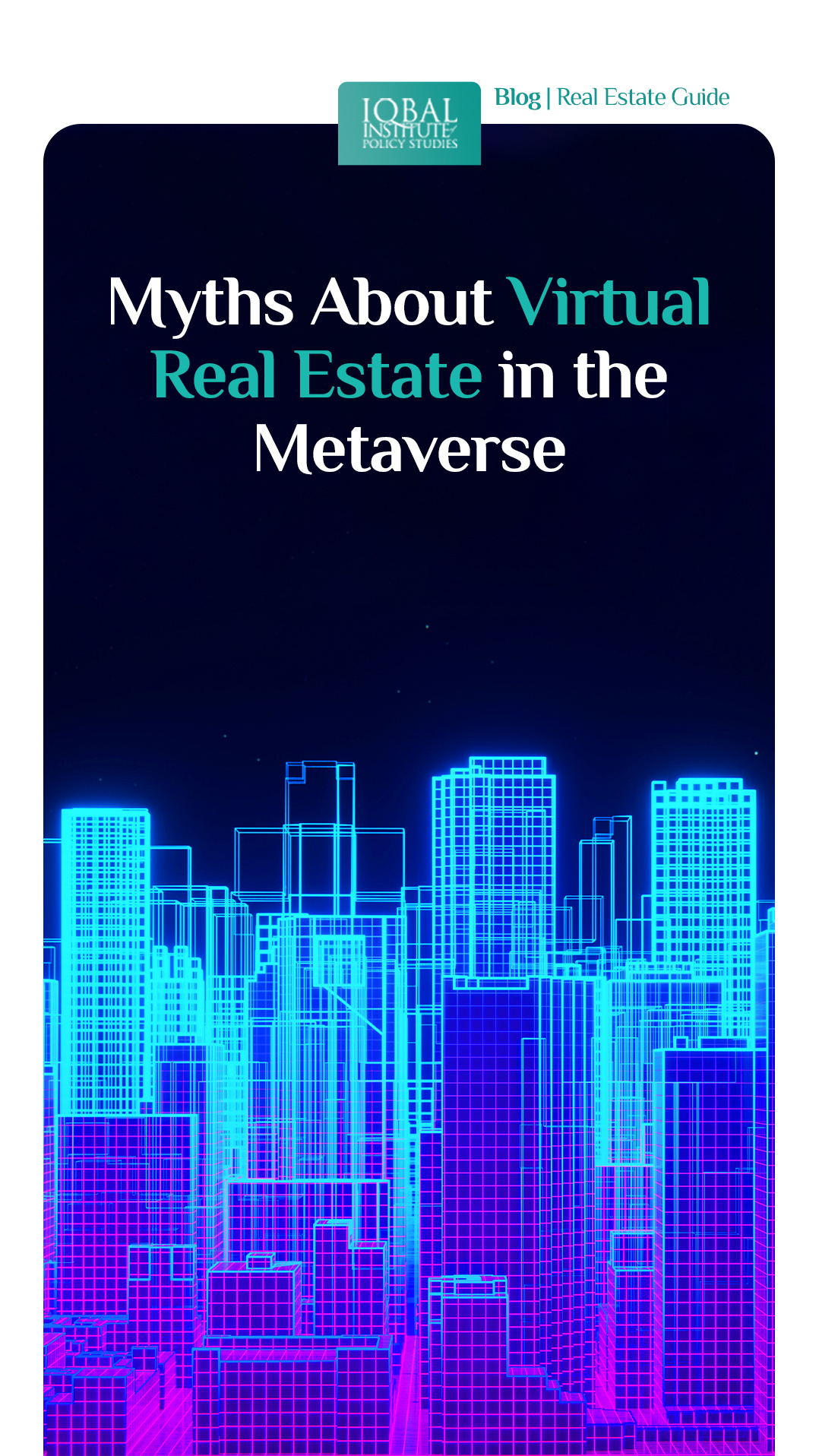

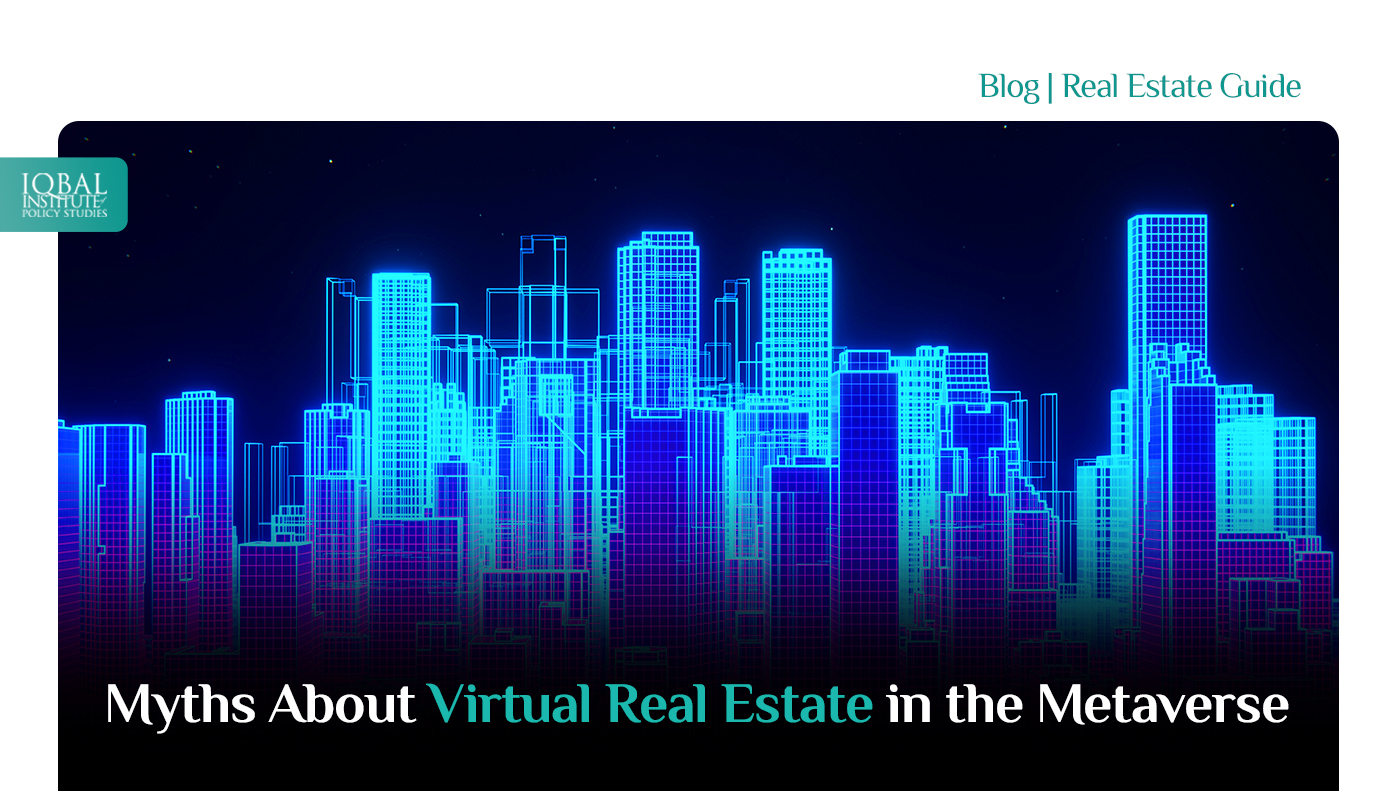
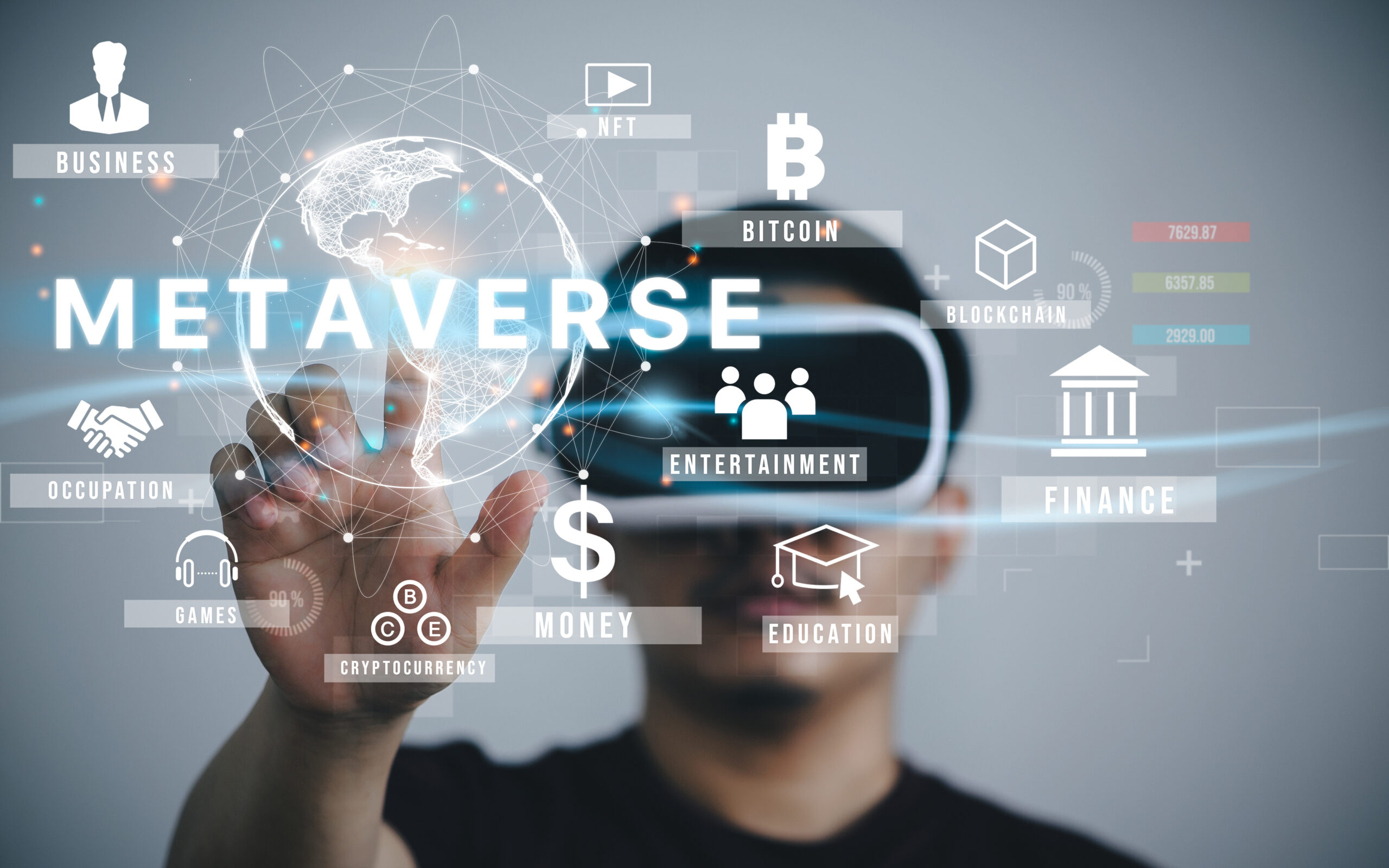
Leave a Reply